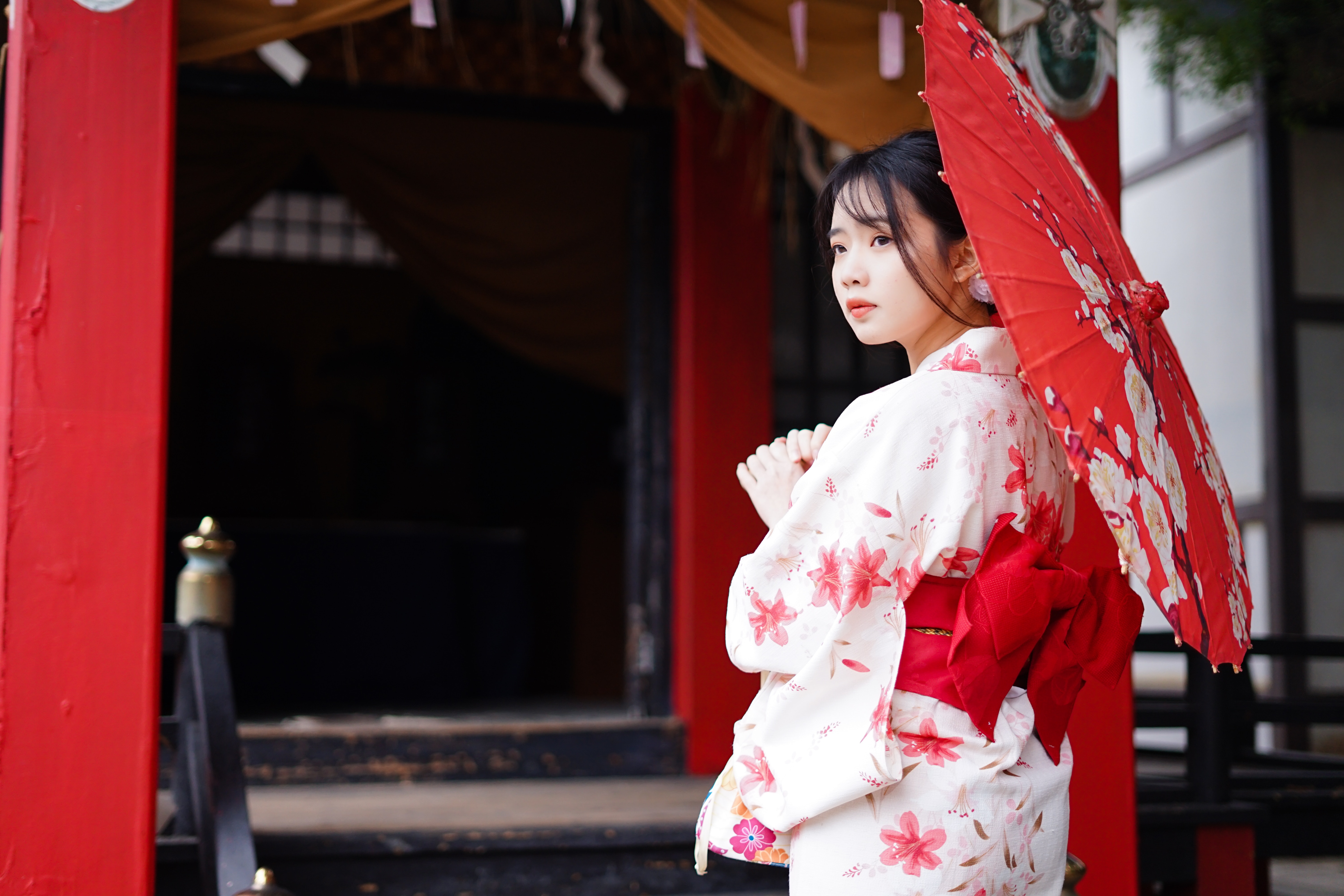
Rayleen (reiriin) in Japanese
Rayleen in Katakana
レイリイン
Rayleen in Romaji
reiriin
Rayleen in Hiragana
れいりいん
The name Rayleen in Japanese Katakana is レイリイン which in romaji is reiriin. Katakana is the standard translation for names into Japanese, Rayleen in Japanese Hiragana, the non-standard translation for names into Japanese, is れいりいん.
How do you write Rayleen in Japanese Kanji?
The closest sounding kanji name that sounds similar to "rayleen" is 麗鈴 (Reirin), pronounced as "rei-rin". The kanji characters mean "lovely bell".
The western meaning of the name Rayleen is "ray of light". The closest matching Kanji name based on this meaning is 陽輝 (Kouki), pronounced "Kou-ki". The Kanji characters mean "sun" and "radiance" respectively.
Get the inside scoop on life and travel in Japan
Names similar to Rayleen
raylene reiriin
レイリイン Learn More
aileen airiin
アイリイン Learn More
arleen aariin
アアリイン Learn More
carleen kaariin
カアリイン Learn More
darleen daariin
ダアリイン Learn More
gaylene geiriin
ゲイリイン Learn More
kaylee keirii
ケイリイ Learn More
marleen maariin
マアリイン Learn More
brylee burairii
ブライリイ Learn More
charleen shariin
シャリイン Learn More
coralee koorarii
コオラリイ Learn More


